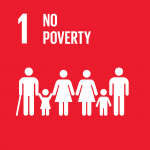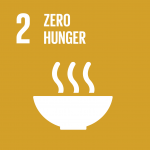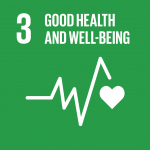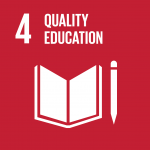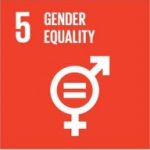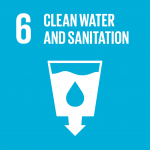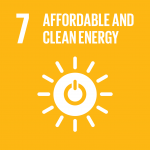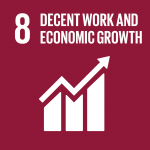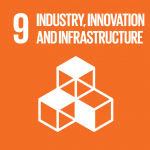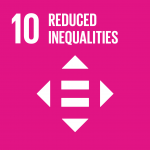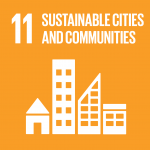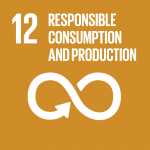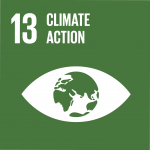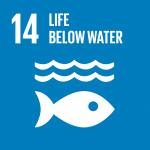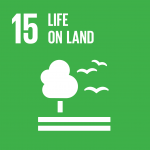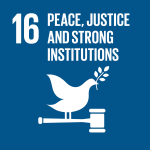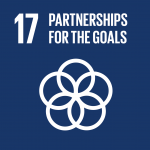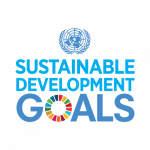- ABOUT
arrow_drop_down
- SDGsArabUNi
arrow_drop_down
- PARTNERS
- TRAINING
- TEAM
arrow_drop_down
- WASD
arrow_drop_down
- Global Network
arrow_drop_down
- Regional Coordinators
arrow_drop_down
- Country Coordinators
arrow_drop_down
- Country Coordinators
- Volunteers
- Regional Coordinators
- Executive Team
arrow_drop_down
- Operation
arrow_drop_down
- Coordinators
arrow_drop_down
- Coordinators
- Publishing
arrow_drop_down
- Operation
- WASD
- CONTACT US
- SDGsArabUNi
- JOIN
arrow_drop_down
- UNIVERSITIES
arrow_drop_down
- RESEARCH
arrow_drop_down
- CENTRES
arrow_drop_down
- PUBLICATIONS
arrow_drop_down
- CENTRES
- SDGsHUBs
arrow_drop_down
- TEACHING
arrow_drop_down
- All Courses
arrow_drop_down
- Courses By SDGs
- Courses By Country
- Courses By Subject
- All Courses
- WHO’sWHO
arrow_drop_down
- All Experts
arrow_drop_down
- Search By SDGs
- Experts By Country
- Experts By Subject
- All Experts
- EVENTS
arrow_drop_down
- All Events
arrow_drop_down
- Search By SDGs
- Events By Country
- Events by Subject
- All Events
- IMPACT
arrow_drop_down
- All Impact
arrow_drop_down
- Impact By Country
- Impact By Subject
- All Impact
- INTERACTIVE SEARCH
Since the Rio summit in 1992, Sustainable Development (SD) is becoming increasingly a major concern for both Developed and Developing Countries (DCs). Yet, translating the principles of SD into effective economic and environmental policies seems to be a major challenge for all Arab countries.
In the post Covid-19 era of global skills and knowledge race, Arab universities and research institutions cannot fail to realise, accept and accomplish their natural and ascribed roles (also remotely) as a strategic agent for national development to achieve the United Nations Agenda 2030 and its 17 SDGs. Arab universities and research institutions must therefore confront new realities rapidly manifesting themselves in a diversely complex and fast-changing world. Business as usual will not suffice. Arab universities and research institutions need to be expansively re-focused in order to become more sensitive and responsive to its mission of developing graduates who, in addition to conventional graduate training, are also able to help their countries achieve the UN Agenda 2030 and its 17 SDGs.
As knowledge production sites, Arab universities and research institutions’ engagement in national economic growth and the broader development agenda in their countries is nothing new. Ever since the beginning of modern science, knowledge has been sought from the university and today, more than ever before in human history, the wealth or poverty of nations depends on the quality of their universities. Revolutionary breakthroughs in the knowledge economy are leading to remarkable changes in the way forward-looking nations capacitate their graduates. According to UNESCO, universities are not just for teaching purposes, but also contribute through research in Science, Technology and Innovation (STI) and in the social and human sciences, to the advance of knowledge, to the creation of new knowledge, to cultural development and fulfilment, to the solving of the problems with which the society is faced, to SD.
Whilst there has been a tremendous growth in size, the expansion of universities in all Arab countries, serious evaluation must be undertaken of the quality of teaching, research and development (R&D) and how universities are meeting the emergent development needs. What is evident in most DCs is a stupendous replication of traditional disciplinary-based techniques of knowledge production. These have, nevertheless, increased the richness of knowledge about the universe we live in but without apparently translating or transforming the catchment societal environments in terms of measurable productive capacities.
There are also grave concerns that universities in most countries are becoming increasingly obsolete which, in part, is why development programmes are stultified even from the outset. There are also serious issues regarding the under-performance in research – state of academic research is less-than-satisfactory in many universities. Therefore, universities must confront the ‘new realities’ evident in the environments in which they operate. Many scholars and policy makers have called for a transformative innovation agenda which embraces radical change for new synthesis and approaches for transforming universities’ role in achieving the SDGs in their countries.
Engagement and Collaboration with the UN: WASD is delighted to have been working very closely with various United Nations Agencies, most specifically with the UN Joint Inspection Unit (JIU). Both JIU and WASD are inspired by the conviction that the UN Agenda 2030 for SD and the 17 SDGs provide the momentum for a renewed UN engagement with the public and private sectors. In 2018, WASD collaborated with JIU on the UN project A.435 “Strengthening the Policy Research Uptake in Service of the 2030”, aimed at reviewing the policy research uptake in service of the 2030 Agenda for SD and in 2019, WASD also worked very closely with the UN JIU to undertake a UN system-wide review of policies, programmes, and platforms to support learning and enhance the adequacy of training policies in the UN. The report Policies and platforms in support of learning: towards more coherence, coordination, and convergence was launched officially on 28 October 2020 at the opening of WASD’s Online Learning Conference. These various initiatives and events with the UN JIU have encouraged WASD to launch one of its major global initiatives, SDGsUNi.
